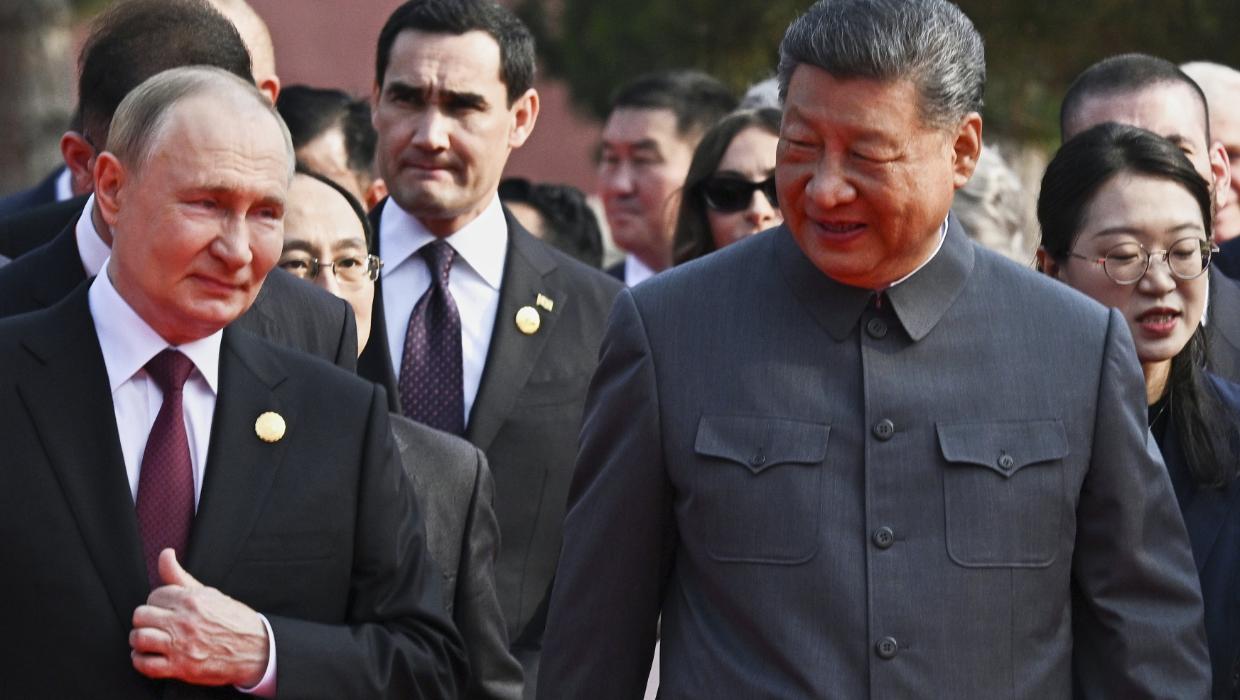Science
NZ$1.7 Billion Bet on Human Longevity Sparks Global Debate

A staggering NZ$1.7 billion is at stake as researchers and investors speculate on the possibility of humans living to the age of 150. This bet reflects a growing interest in longevity, fueled by advancements in medicine and technology. The conversation surrounding human lifespan has intensified, particularly in the realm of organ transplantation, where significant strides have been made—except for the brain.
The potential for extending human life has been a topic of fascination for centuries. Recent breakthroughs in medical science, particularly in organ and tissue transplants, have provided a new foundation for these discussions. For instance, advancements in the transplantation of organs such as kidneys and livers have transformed the lives of countless patients. Yet, despite these achievements, the field of brain transplantation remains largely unexplored.
Investors Eye Longevity Research
The NZ$1.7 billion wager highlights the financial interest in longevity research. Investors are increasingly pouring money into companies and initiatives focused on extending human lifespan. This trend is not without its controversies. Critics argue that while the potential for longer life is appealing, ethical considerations must be at the forefront of this exploration.
Prominent health organizations are now taking notice. They are beginning to assess the implications of possible advancements in longevity. The World Health Organization (WHO) has emphasized the importance of addressing the health needs of an aging population. As more people live longer, healthcare systems will face unprecedented challenges.
The debate around longevity is multifaceted. Advocates point to the potential for a healthier, longer life, while skeptics warn of the societal implications of extending life significantly. Questions arise about resource allocation, quality of life, and the psychological impacts of living into advanced age.
Challenges in Brain Transplantation
Despite advancements in other areas of transplantation, the brain poses unique challenges. Unlike organs that can be replaced or repaired, the brain is intricately tied to identity and consciousness. Current medical technologies are far from being able to replicate or restore brain function. As a result, researchers focus their efforts on understanding the brain’s complexities rather than developing transplant solutions.
The question of whether humans can live to 150 remains unanswered. Yet, with continued investment and research, the possibility grows closer to reality. The discussions surrounding this topic are not just scientific; they are deeply philosophical and ethical, touching on what it means to be human.
As the world grapples with the implications of potentially extended lifespans, the NZ$1.7 billion wager serves as a reminder of the hope and uncertainty that accompanies human innovation. With advancements in medicine continuing to evolve, the potential for a future where humans live significantly longer lives is an ongoing conversation that will shape healthcare and society for generations to come.
-

 World2 weeks ago
World2 weeks agoPrivate Funeral Held for Dean Field and His Three Children
-

 Top Stories2 weeks ago
Top Stories2 weeks agoFuneral Planned for Field Siblings After Tragic House Fire
-

 Sports3 months ago
Sports3 months agoNetball New Zealand Stands Down Dame Noeline Taurua for Series
-

 Entertainment3 months ago
Entertainment3 months agoTributes Pour In for Lachlan Rofe, Reality Star, Dead at 47
-

 Entertainment2 months ago
Entertainment2 months agoNew ‘Maverick’ Chaser Joins Beat the Chasers Season Finale
-

 Sports3 months ago
Sports3 months agoSilver Ferns Legend Laura Langman Criticizes Team’s Attitude
-

 Sports1 month ago
Sports1 month agoEli Katoa Rushed to Hospital After Sideline Incident During Match
-

 World3 weeks ago
World3 weeks agoInvestigation Underway in Tragic Sanson House Fire Involving Family
-

 Politics2 months ago
Politics2 months agoNetball NZ Calls for Respect Amid Dame Taurua’s Standoff
-

 Top Stories2 weeks ago
Top Stories2 weeks agoShock and Grief Follow Tragic Family Deaths in New Zealand
-

 Entertainment3 months ago
Entertainment3 months agoKhloe Kardashian Embraces Innovative Stem Cell Therapy in Mexico
-

 World4 months ago
World4 months agoPolice Arrest Multiple Individuals During Funeral for Zain Taikato-Fox









